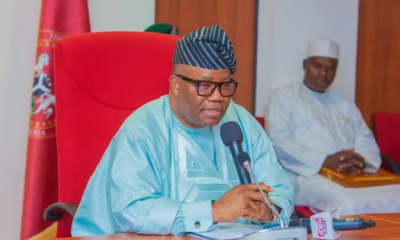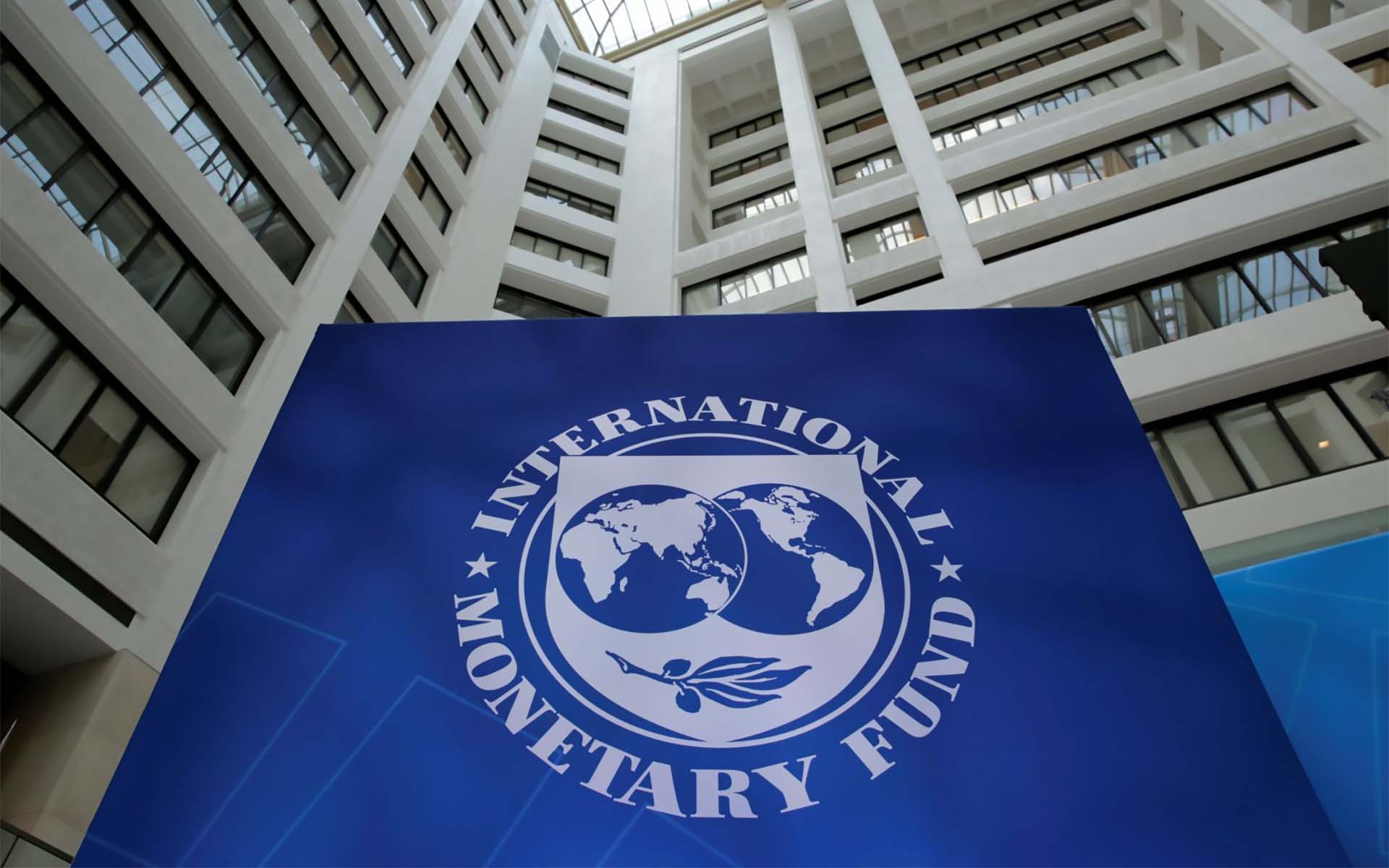The International Monetary Fund (IMF) has advised Nigeria to unify its multiple exchange rates if its digital currency, eNaira, is to have an impact on the remittance inflow into the country.
Nigeria’s Diaspora remittance has been on the decline in the last three years, falling from $24.31 billion in 2018 to $23.81 billion in 2019, before crashing further to $17.21 billion last year.
This sum was contributed by 1.7 million Nigerians in diaspora, as of 2020 estimation by United Nations Department of Economic and Social Affairs, with each averaging $38,428.15 within three years.
The Central Bank of Nigeria (CBN) is hoping the eNaira will improve the remittance inflow, but IMF’s Jack Ree, an economist in the body’s African Department, said that will only happen if the regulator reduces the gap between official and parallel market exchange rates.
READ ALSO: Naira 2-month high against US dollar explained
As of November 15, the official rate was N415.1kobo/$1, while the parallel market settled at N545/$1, a difference of N129.9kobo between the multiple forex rates.
Ree wrote, “The eNaira is expected to lower remittance transfer costs, making it easier for the Nigerian diaspora to remit funds to Nigeria by obtaining eNaira from international money transfer operators and transferring them to recipients in Nigeria by wallet-to-wallet transfers free of charge.
“Exchange rate reforms, including a unified market-clearing rate, that reduce the gap between official and parallel market exchange rates would enhance the incentives for using eNaira wallets to send remittances.”
Ree also stated that the eNaira will reduce informality in an economy driven largely by the informal markets and SMEs who account for 80 percent of employment and half of Nigeria’s GDP.
The economist stated that with eNaira being traceable unlike bitcoin and other decentralised cryptocurrency, its wide adoption will shed light on transactions in the informal sector, and help the tax agency in the country strengthen the tax base.
“Once the eNaira becomes more widespread and embedded into the economy, it may bring greater transparency to informal payments and strengthen the tax base.
“Informal and formal businesses may also benefit if eNaira adoption enhances consumption through greater financial inclusion.” The IMF member said.

 Crime2 days ago
Crime2 days ago
 Latest21 hours ago
Latest21 hours ago
 Editorial6 days ago
Editorial6 days ago
 Agribusiness4 days ago
Agribusiness4 days ago
 Business1 week ago
Business1 week ago
 Business5 days ago
Business5 days ago
 Featured5 days ago
Featured5 days ago
 Agribusiness5 days ago
Agribusiness5 days ago

